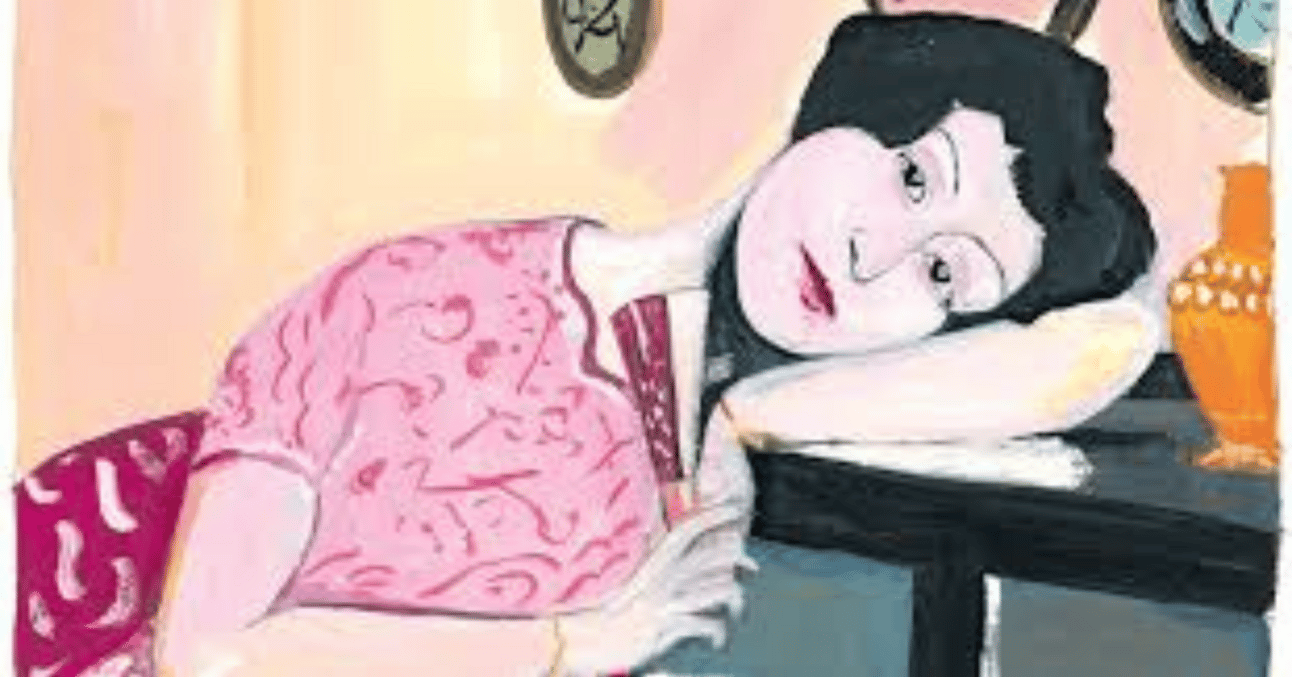On Feeling Not Good Enough
A while back, I asked my social media followers to submit questions about the theme of not feeling good enough. I chose the three most relatable and universal.
I’ve decided to take a different tack. Instead of answering based on all the information I’ve accrued over the decades, I will respond from the lens of psychodynamic therapy, which I was in for 23 years, and have studied independently for decades.
My answers will walk you through the techniques a psychodynamic therapist might use to help get at the core suffering, and give you ideas for how to get unstuck.
Let’s dive in.
Question:
I always feel like I’m not good enough for my partner, even though he tells me he loves me. I constantly worry that he’ll realize he could do better and leave me for someone else. How do I stop feeling so unworthy?
Answer:
In psychodynamic therapy, it might be pointed out that your fear of not being good enough in your relationship likely has roots in your attachment patterns, which are developed in early childhood. Psychoanalysts John Bowlby and Mary Ainsworth expanded on Freud’s theories and developed ideas around attachment theory, which describes how our early relationships with caregivers form the blueprint for how we relate to others in adulthood.
If, for example, you had an inconsistent or critical caregiver, you may have internalized the belief that love is conditional or unreliable. In therapy, you’d explore these early experiences to understand better how they shape your current fears. Object relations theory, another psychodynamic approach, would suggest that you have internalized a "bad object"—perhaps an image of yourself as unworthy—that you project onto your current relationship.

It’s hard to try to stop feeling a certain way without investigating the root, so a psychodynamic therapist would help you explore the origin of these fears.
They might ask you to reflect on early relationships—did you feel unconditionally loved, or did you have to earn affection through achievements or behavior?
When you look underneath the hood of how you were put together, you can begin to see patterns, and understanding these patterns will help you understand how they influence your current relationship with yourself and others.
Another psychodynamic technique involves exploring your unconscious desires and the fears that accompany them. For example, you may sincerely wish for closeness in relationships, but unconsciously fear rejection or abandonment. A psychodynamic therapist helps you identify and understand these conflicting desires and fears, allowing you to work through them.
A good psychodynamic therapist attunes to their client’s emotional state, offering deep empathy. This helps create a corrective emotional experience, where you may feel understood and validated in a way that contrasts with earlier experiences of neglect or misunderstanding, facilitating emotional healing.
Question:
No matter how hard I try, I never feel smart enough compared to my peers. I read and absorb as much as possible, but I’m convinced they’re naturally more intelligent than I am. How do I stop feeling inferior?
To read the rest of this Q&A, get to the bottom of impostor syndrome, and learn about the unconscious processes driving you to feel inferior, you must upgrade.
Join How to Live
For people who live in their heads, feel more than they show, and want a language for both.
Every Essay, Every Time.What you’ll receive as a subscriber::
- Every new essay, the moment it’s published
- Full access to the complete archive—150+ posts and counting
- Bonus pieces and experiments-in-progress, shared occasionally
- Invitations to seasonal, in-person gatherings
- A direct line to me (annual subscribers): personal replies and tailored recommendations
- 15% off all workshops and live events

